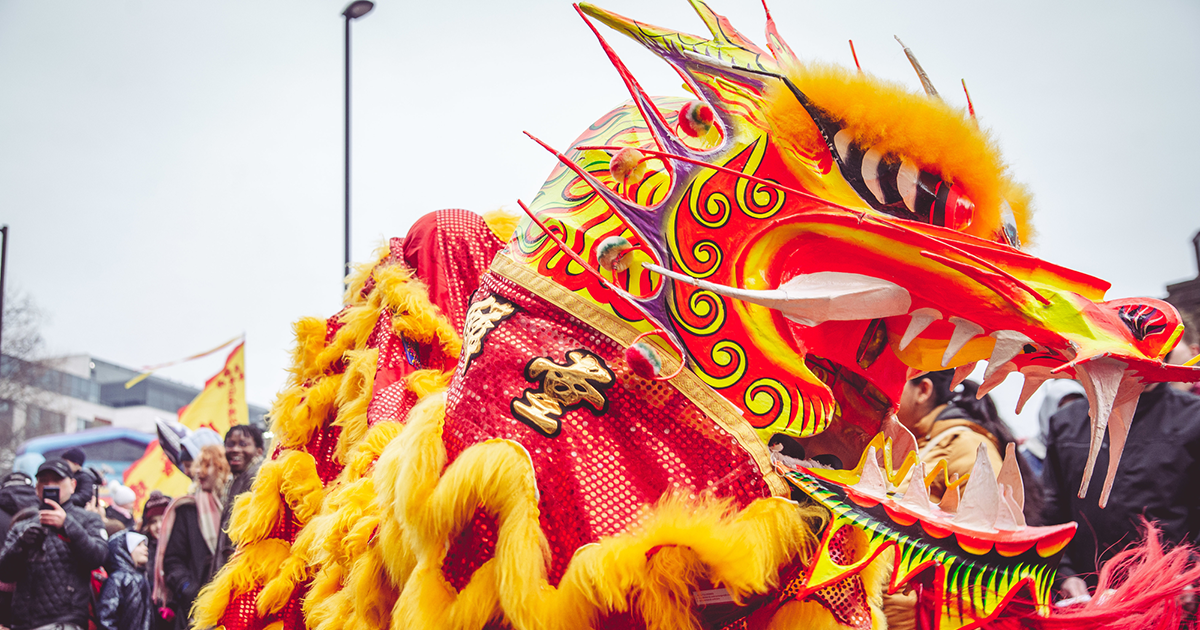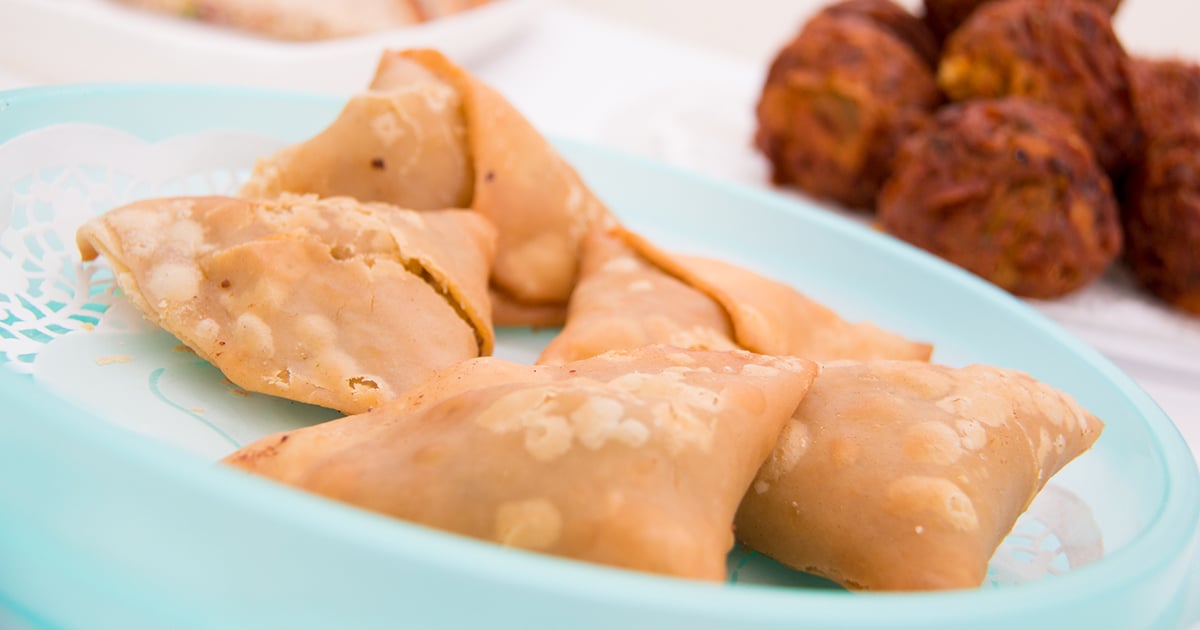Celebrating diversity with the Festival of Culture
15 January 2025 | By: Jenny Shippen | 2 min read
Every year, the Newcastle University Students’ Union hosts the Festival of Culture – a celebration of diversity and multiculturalism when students share their heritage with others through dance, food, art, and many other activities.
We spoke to current Students’ Union Activities Officer Alex Theodosiou to find out more.
Contents:
-
What inspired NUSU to host a Festival of Culture?
-
What cultural events are taking place in 2023/2024?
-
What activities can students look forward to?
-
Are there any fees and/or rules that students should be aware of?
-
What do you hope to achieve from the Festival of Culture?
What inspired NUSU to host a Festival of Culture?
‘The Festival of Culture started out as a way of showcasing our diverse and culturally significant societies, giving them an avenue to reach students who may not know about them and the ability to share their heritage with the student community.
‘NUSU’s current Activities Officer decides the theme and structure of the festival, so it gives student representatives the chance to embrace their own culture or aspects of culture which they admire. We've previously had events ranging from art showcases and dance, to technology and food fairs, among many others.’
What cultural events are taking place in 2023/2024?
‘I've decided to split the Festival of Culture into five different parts, with events across the year, to celebrate five cultural holidays across the world. Each holiday will have its own designated events and societies involved, with various activities taking place within the week before or during the celebrations.’
In December 2023, we commemorated the recovery of the Temple in Jerusalem after its desecration in 165 BC by celebrating the Jewish festival of Hanukkah. The festival is marked by taking a menorah candle – the branches of which represent the burning of the candles in the Temple over eight days and nights – and lighting a candle over the course of eight days in December. The Jewish Society at Newcastle University held a presentation and Q&A for anyone who wanted to learn more and treated everyone to kosher doughnuts.
Lunar New Year was celebrated in February 2024 as the beginning of the new year in the lunar calendar for Asian countries. NUSU welcomed the Year of the Dragon by hosting dumpling-making workshops by the Anglo-Chinese and Nutritank (nutrition and lifestyle medicine) societies, Chinese calligraphy by our Education Officer Lulu Chen, and a traditional Lion Dance.
For people of Muslim faith, Ramadan will be acknowledged from 10 March until 9 April 2024. This is an observation of fasting, prayer, reflection, and community designed to help bring people closer to God and understand the suffering of those less fortunate. On 20 March from 5-7pm, NUSU will be holding a community fast in The Venue (basement of the Students' Union) to celebrate Ramadan. We would encourage you to try fasting for the day (so no food or water from dawn to sunset). If you do not follow the Islamic faith, this could present a wonderful chance to delve deeper into the faith and understand the reasons for the fast.
The Hindu celebration of Holi – otherwise known as the Festival of Colours, Love, and Spring – takes place on 25 March 2024 and is known for people throwing colourful paint or powder over one another. This festival is dedicated to the love between the deities Radha and Krishna and signifies the triumph of good over evil.
Finally, Cinco de Mayo takes place on 5 May 2024. Not to be mistaken for Mexican Independence Day, Cinco de Mayo is an annual celebration marking Mexico’s victory over the Second French Empire at the Battle of Puebla in 1862. It is honoured in both Mexico and the United States, where people celebrate through historic re-enactments, street food, and traditional ‘baile folklórico’ dances.

What activities can students look forward to?
‘All Festival of Culture events will include a celebratory aspect of the holiday, as well as an opportunity to learn about its background and traditions through fun workshops. We're working with our student societies to bring students together and promote their favourite aspects of cultural holidays and traditions.’
Are there any fees and/or rules that students should be aware of?
‘The Festival of Culture is free and open for all to attend. At the Students' Union, we want to give students the opportunity to access activities without worries surrounding cost, especially considering we're currently experiencing a cost-of-living crisis.
‘Culture is something to be proud of and share with our peers. The only rule when attending is to have fun and learn something new! If you've missed some of our events, don't worry – there will be more, and we'd love to see you there in the future.’
What do you hope to achieve from the Festival of Culture?
‘I want to make students happy; I want them to share their favourite traditions and be able to learn about cultures across the world, with lots of food, music and joy to go around.’
Details of upcoming events can be found on NUSU’s Festival of Culture website. If you’re interested in finding out more about the festival or student societies at Newcastle University, contact NUSU and they will be more than happy to help.

We've been voted top in the UK for student life in the WhatUni Student Choice Awards 2025 - trusted recognition from real students.